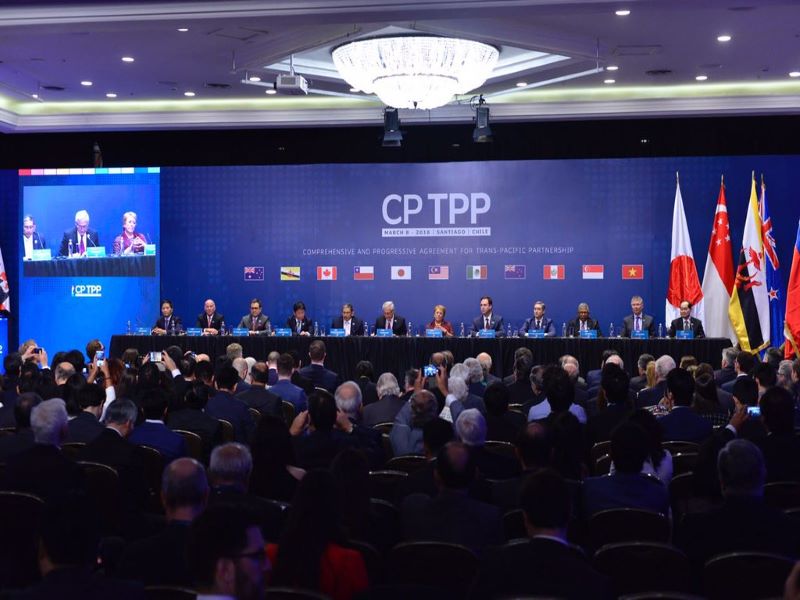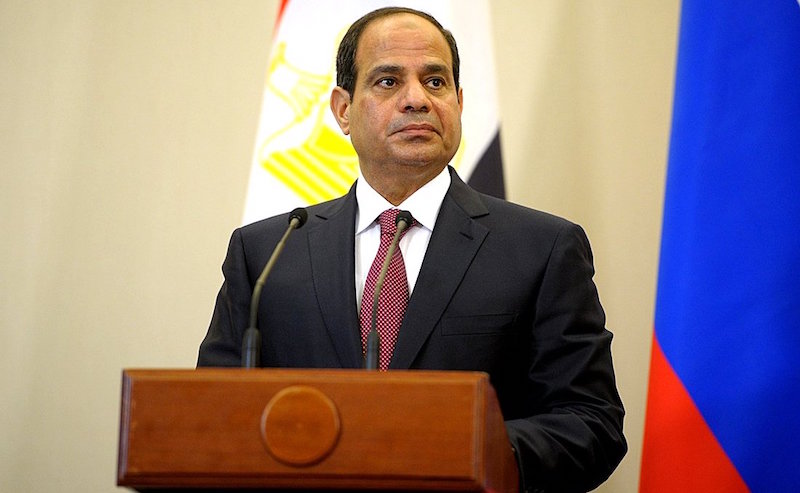Four years of the Trump administration has diminished international confidence in U.S leadership. The growing distrust is primarily fueled by the administration’s management of race-relations, attempts to cease exportation of 3M masks to Canada, and its ad-hoc use of security tariffs on Canadian aluminum. If Canada is serious about gaining greater independence from America, it needs to look outward and strengthen its relations with like-minded states. The Canadian bilateral relationship with Japan is one option that should be explored and balanced with competing priorities in its partnership with the U.S.
Former Prime Minister of Japan, Shinzo Abe, was a source of stability in the bilateral relationship with Canada throughout the terms of both the Liberal and Conservative governments. After 12 years in office, his legacy is his diplomatic outreach and trademark Abenomics. While critics cite his leadership as having underachieved, diplomatic relations and trade have only increased with Canada during his tenure, and Japan remains one of Canada’s most important allies in the Pacific.
The Canada-Japan bilateral trade relationship is well established and has grown throughout the tenure of both Conservative and Liberal governments in Canada. Today, the multi-lateral trade relations in the Pacific are facilitated by the 2018 Comprehensive and Progressive Agreement for Trans-Pacific Partnership. Representing 13.5% of the global GDP, the CPTPP came into force following the U.S withdrawal from the Trans-Pacific Partnership and is a renewed effort by Canada and middle powers in the Asia-Pacific to innovate and diversify their trade relations with other countries. While bilateral relations with Japan have consistently developed under this agreement, the relationship faces uncertainty in the coming years.
On September 16, 2020, Abe Shinzo was replaced by renowned policymaker Yoshihide Suga after stepping down due to health concerns. Spectators view Suga’s appointment as short-term and predict a new party leader for the next election in Japan. The following week after taking office, Prime Minister Trudeau met with Suga to discuss further bilateral cooperation during COVID-19, to re-affirm the importance of this strategic partnership, and to demonstrate Canada’s commitment to Japan within the Free and Open Indo-Pacific by reinforcing UN sanctions against North Korea.
The concept of the Free and Open Indo-Pacific is one policy area that may challenge the long-term stability of the bilateral relationship. In his 2020 report Canada and the Indo-Pacific, Jeffery Reeves of the Asia Pacific Foundation of Canada, finds that the proponents of the FOIP concept use it as a strategic plan against China within a broader zero-sum framework. Advocates of the FOIP within this framework include the U.S, India, and Australia while countries like Japan have adapted it, but use it primarily to denote an inclusive approach to trade and the development of ASEAN. While concepts like the FOIP are highly contentious and politicized, Canada can advance its national interests if, like Indonesia, France, and Germany, it selectively chooses when and how to participate in the Indo-Pacific, while actively rejecting the American vision of the FOIP.
However, synchronizing both the timing and the terms of participation will be difficult in the current political landscape. The Biden administration will seek to reingratiate itself within global multilateral institutions and rebuild its political relationships abroad. Part of the reintegration process will be to re-join the CPTPP in response to the added pressure caused by the Regional Comprehensive Economic Partnership which constitutes the largest free trade agreement in the world and is headlined by China, Japan, Australia, and New Zealand.
Participating countries of the CPTPP will need to evaluate the conditions required for U.S participation. Throughout this process, Canada, Japan, and subsequent members of the agreement will need to protect their interests and prevent the CPTPP from functioning as an extension of U.S great power competition. Dually, the Trudeau government will need to resist temptations caused by the incoming Biden administration to adopt a hardline security approach through the FOIP.
Featured Image: “Perú forma parte del acuerdo comercial más importante del mundo con suscripción del CPTPP” by MINCETUR PERÚ via Search Creative Commons Licensed under CC BY-NC-SA 2.0
Disclaimer: Any views or opinions expressed in articles are solely those of the authors and do not necessarily represent the views of the NATO Association of Canada.




